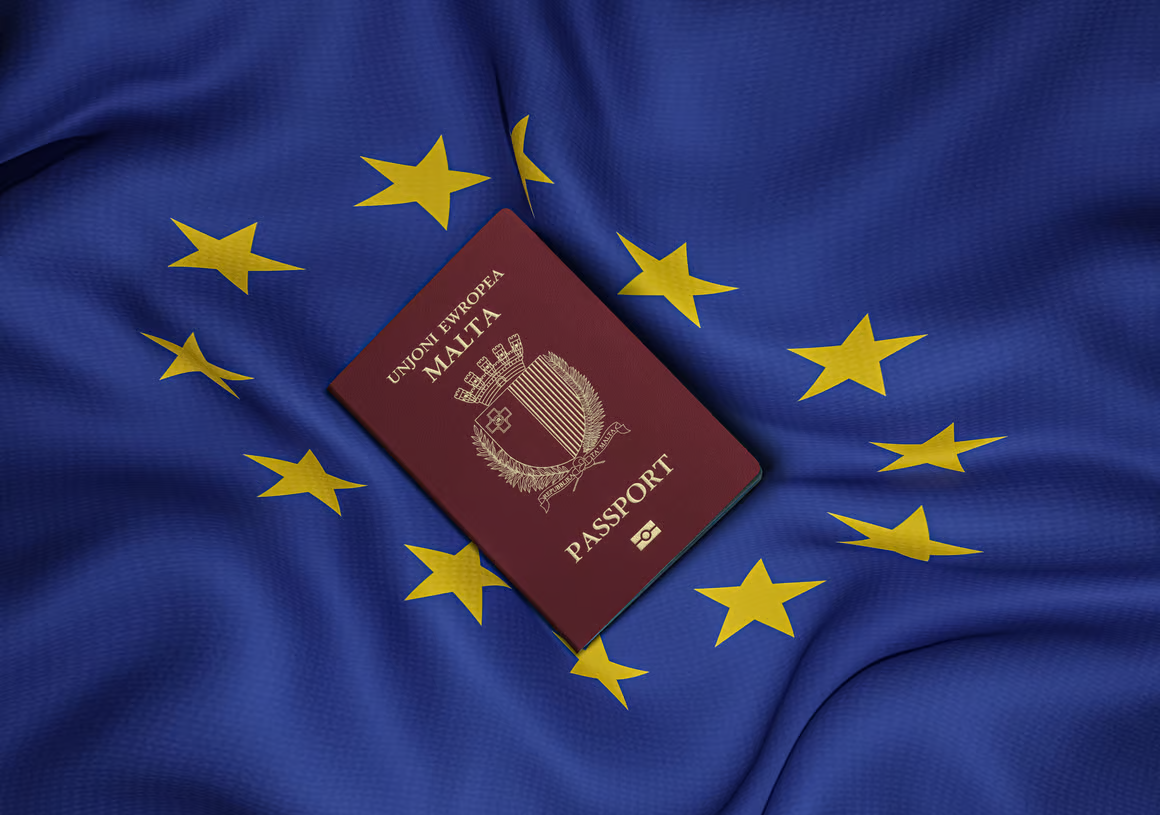On May 21, 2025, the Court of Justice of the European Union (CJEU) issued a landmark ruling declaring Malta’s Citizenship by Investment Programme (commonly referred to as the “golden passport” scheme) in breach of EU law. The decision marks a major turning point for Malta’s investment migration landscape and raises critical questions about the future of such schemes across the EU.
Background : What Was Malta’s Golden Passport Programme ?
Malta’s Individual Investor Programme (IIP) allowed foreign nationals to acquire Maltese citizenship – and, by extension, EU citizenship- through a combination of significant financial contributions, property investments, and residency requirements. Since its introduction in 2014, the programme attracted high-net-worth individuals seeking visa-free travel, financial advantages, and a foothold in the EU.
Despite revisions and increased due diligence measures over the years, the programme has been the subject of criticism and EU scrutiny, particularly due to concerns about transparency, integrity, and potential security risks.
The EU Court’s Position
The CJEU ruled that granting citizenship primarily in exchange for investment undermines the core values of the EU. The Court stated that citizenship should reflect a genuine connection to a Member State and not be treated as a commodity.
The Court of Justice of the European Union said the program was nothing short of the “commercialisation” of citizenship, violated “good faith” and “mutual trust” between EU member countries, and “infringed EU law.”
This judgement follows legal action initiated by the European Commission against Malta, arguing that the sale of EU citizenship violates the principle of sincere cooperation between Member States and dilutes the concept of EU citizenship.
The Maltese Government’s Response
In response to the ruling, the Maltese government added that past recipients of the scheme would not be affected and said the scheme had raised hundreds of millions of euros.
While no new citizenships will likely be granted under the programme, Malta emphasised the programme’s economic contribution over the past decade.
What Are the Implications for Malta ?
This ruling may pressure Malta to fully terminate its golden passport scheme, which has already been significantly scaled back in recent years. The decision also sets a precedent that could affect other Member States offering similar pathways.
Beyond the legal implications, the judgement may impact Malta’s international image, its investment migration sector, and relationships with key EU institutions.
What Alternatives Remain ?
Importantly, this ruling does not affect Malta’s Permanent Residence Programme (MPRP), which remains a compliant and attractive route for investors seeking long-term residence, without conferring citizenship rights.
Malta is expected to pivot its focus toward strengthening the MPRP and other corporate-friendly frameworks that align with EU regulations. Investors are advised to seek legal guidance to understand these transitions and explore compliant residency solutions.
The Role of Legal Advisors
For high-net-worth individuals and their advisors, this ruling reinforces the need for regulatory clarity and strategic planning. At SMM Group, we assist international clients with Malta’s residency programmes, company formation, tax planning, and legal compliance.

